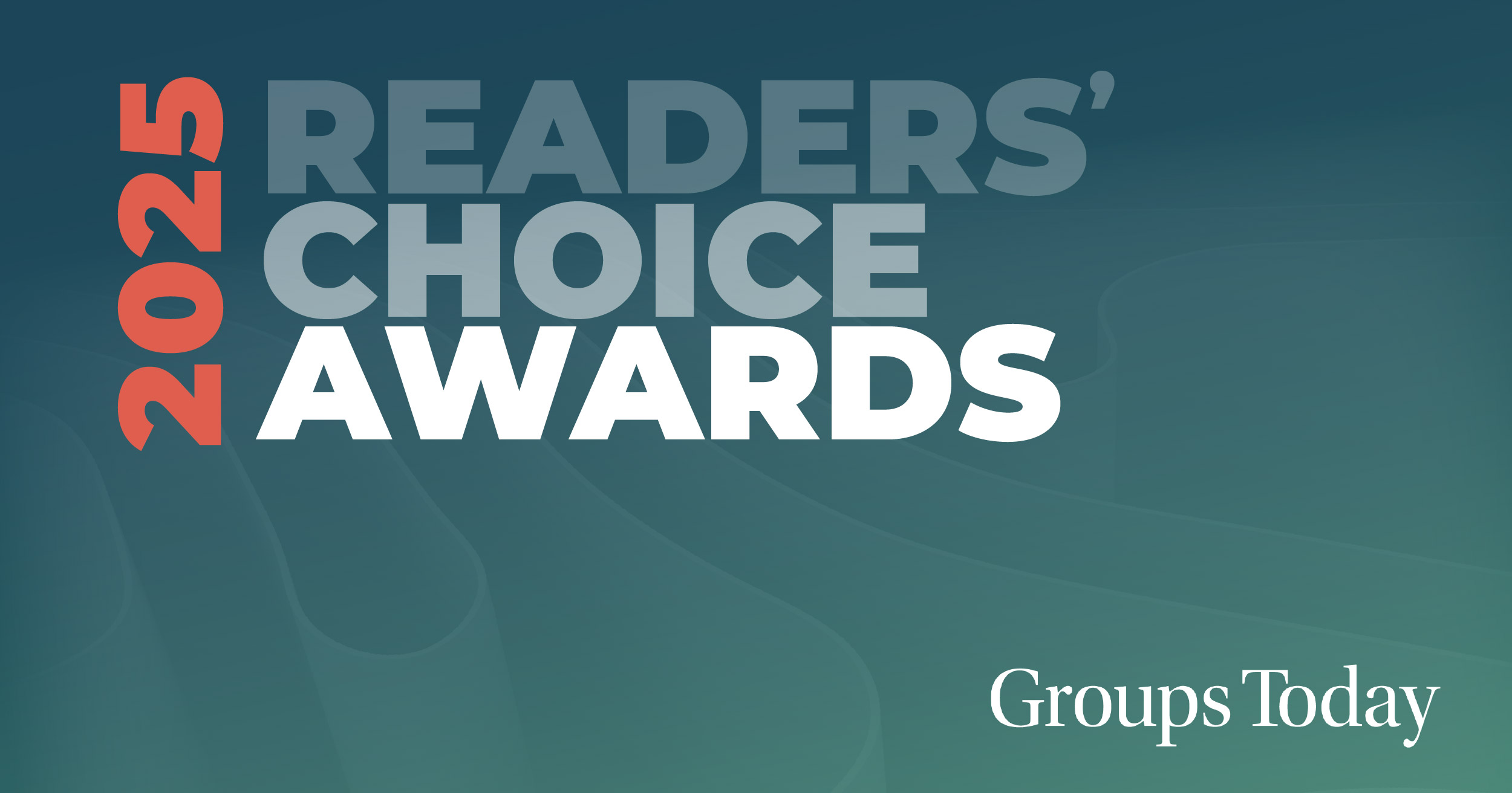
The Critical Importance and Power of DEI in Travel
While some corporations, educational institutions, and organizations are rolling back their diversity, equity and inclusion initiatives, many are standing firm in their commitments, understanding the power and necessity of DEI. We tapped the expertise of industry leaders to learn why centering these principles make the industry a stronger and more inclusive place for travelers of all kinds.
According to Roni Weiss, Executive Director, Travel Unity, people often put DEI into a small box.
"Yes, race and ethnicity are important parts of identity that we need to consider, but if we're talking about staff, customer, or community experiences, we need to consider all of the different aspects of what makes a person who they are," Weiss said. "This includes disability status, gender identity, and dietary restrictions. Yes, gluten free and not drinking alcohol should both be considered part of DEI."
Stephanie M. Jones, Managing Director, Disrupt for Change, and CEO, Cultural Heritage Economic Alliance, shares that although many have excluded DEI as a priority or refer to it by another name, we should be less focused on the terminology and more focused on outcomes which address racial inequality, economic injustice, lack of cultural representation, and industry access.
"As a Black woman who has built her career advocating for underrepresented Black tourism businesses, DEI should mean ensuring that Black tour operators, cultural institutions, and tourism entrepreneurs have an economic stake in the market," Jones explained. "It's about making sure our stories, our communities, and our businesses are not only seen, but supported, funded, and elevated across the global travel & tourism ecosystem."
John Tanzella, President and CEO, International LGBTQ+ Travel Association (IGLTA), notes that the world watches how our industry shows up—especially in times of social and political uncertainty.
"Inclusive practices aren't just a moral imperative—they're a business advantage," Tanzella stressed. "LGBTQ+ travelers, for example, are a high-spending segment that actively seeks out destinations and brands aligned with their values. It's through these practices that the entire industry becomes more resilient, more innovative, and more globally connected."
Weiss notes some actionable steps industry professionals can take to prioritize these principles.
"Having a sincere public-facing DEI statement (and you don't have to use the term 'DEI' to show you're inclusive) and an internal structure (whether a certain role is assigned to this or a regularly meeting committee) to continue this work are both vital," he said, also sharing that Travel Unity's publicly available standards provide road maps for both organizations and special events & sports.
If you don't know where to start, Tanzella recommends listening to voices within the communities you're trying to serve and partnering with organizations that are already doing the work.
"Invest in training, inclusive marketing, and policy review," Tanzella suggested. "Don't just celebrate diversity when it's convenient; demonstrate consistency year-round. And most importantly, be transparent and accountable. Inclusion is not a checkbox—it's a commitment that should shape your decisions every step of the way."
The risks for not prioritizing DEI in travel, according to Jones, are both immediate and long-term.
"Travel brands and DMOs risk alienating diverse consumers—especially Gen Z and Millennials—who expect brands and destinations to align with their values," she said. "But perhaps even more damaging is the missed economic opportunity. Without an intentional focus on DEI, the industry leaves billions on the table by failing to invest in diverse suppliers, tourism tech innovators, and markets."
Jones encourages industry leaders to move beyond performative allyship and co-create solutions with those who've been on the frontlines of this work for years.
"True commitment is shown in how you spend your budget, who you partner with, and whether your values show up in your business decisions," she said. "When DEI is rooted in action, not just rhetoric, the entirety of the travel & tourism industry can become more sustainable, equitable, and profitable. DEI should make space for a broader range of narratives, businesses, and experiences that reflect the true richness of the world we live in."
Resources to consider:
- Join the Travel Unity Alliance, which also offers individual and organizational certifications appropriate for all professionals: travelunity.org.
- Learn how Disrupt for Change and CHEA are addressing racial inequity in travel & tourism: disruptforchange.com.
- IGLTA Foundation's Comprehensive Guide for LGBTQ+ Inclusive Communication in Tourism to help communicate more thoughtfully and respectfully with LGBTQ+ travelers: IGLTA.org.
Written by Sarah Suydam, Managing Editor for Groups Today.
This article originally appeared in the Jul/Aug '25 issue of Groups Today.
Want articles like this one sent directly to your inbox? Subscribe to our weekly eNews here.


